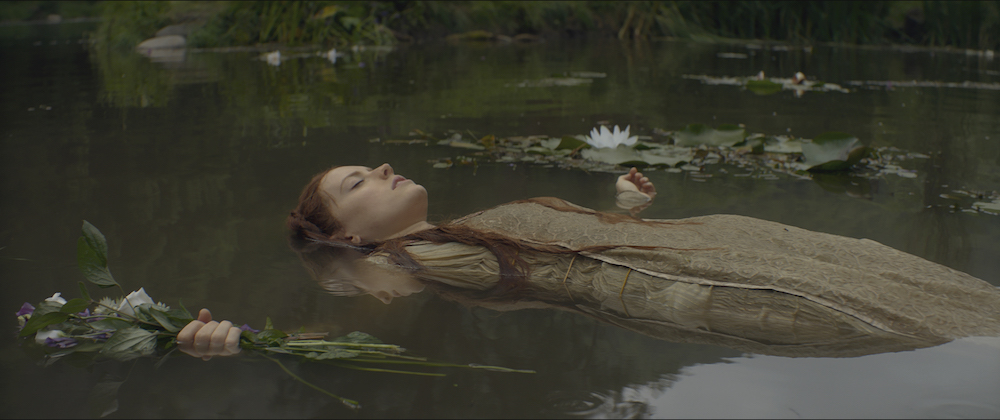Opens: August 1
Genre: Costume Drama
Duration: 114 minutes
The greatest of screen Hamlets is the 1964 film by Grigori Kozintsev, a subversive critique of the Soviet Union so dynamic, so inspiringly translated into the visual language of cinema, that beside it, all others pale, including Olivier’s.

After this, everyone else should have either given up (hello Branagh and Zeffirelli), or tackled the story from a radical new angle, which is indeed what some filmmakers did. Disney’s The Lion King had the commercial chutzpah to give the tragedy a happy ending, but the most artistically bold retake was Tom Stoppard’s film of his own absurdist stage play, Rosencrantz and Guildenstern are Dead, which famously turned the story inside out to focus on two minor characters.
That’s also the approach taken to this handsome international production by the Australian director Claire McCarthy and writer Semi Chellas, adapting a novel by Lisa Klein in which the young Hamlet’s thinly sketched female love interest is filled out and given agency as the main character. A bit too much filling out, I’d suggest, as some of the new plot developments are more like bizarre distractions, sometimes borrowed from other Shakespeare plays such as Macbeth (you see, Queen Gertrude has a sister who lives in the woods and, well, she’s a witch… and so on).
In this telling, Ophelia is introduced as a cheeky young ginger moppet (Mia Quiney), a social outsider plucked by Naomi Watts’s Gertrude to be a lady in waiting, before growing up (played by Star Wars’ discovery Daisy Ridley) to form an initially coy relationship with George MacKay’s young prince.
Visually the film is a treat – take a bow art direction, production design, costume and cinematography departments – and the casting difficult to argue with, including Clive Owen as a Richard III-like Claudius.
Dramatically, however, Ophelia is curiously flat. It doesn’t help that most of the major dramatic events, such as the ghost on the ramparts, and the killing of Ophelia’s father, Polonius, happen off-screen, or that the new narrative insertions too often amount to nutty contrivances.
It’s easy to respect the attempt to view one of the world’s oldest, most beloved stories through a feminine lens, but to create a different version that matches up to the Bard’s drama is a different matter. Many Hamlet-lovers will scoff, while for those unfamiliar with the tale, it will make little sense.











Comments
Log in to join the conversation.